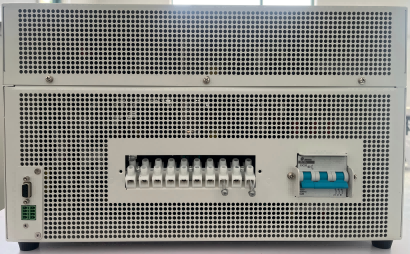laboratory test power supply
A laboratory test power supply is a precision instrument designed to provide stable, adjustable electrical power for experimental and testing purposes. These sophisticated devices offer precise voltage and current control, making them essential tools in research facilities, electronics development labs, and quality control departments. Modern laboratory power supplies feature digital displays, multiple output channels, and advanced protection mechanisms to safeguard both the device and the equipment under test. They typically offer both constant voltage and constant current modes, with the ability to smoothly transition between them as needed. These units can deliver clean, regulated DC power with minimal ripple and noise, ensuring accurate test results. Many models include programmable features, allowing users to create automated test sequences and store frequently used settings. The units often incorporate remote sensing capabilities to compensate for voltage drops in test leads, ensuring the exact voltage is delivered to the load. Additionally, these power supplies frequently include data logging capabilities, USB or network connectivity for remote operation, and comprehensive safety features such as overcurrent, overvoltage, and overtemperature protection. Their robust construction and reliable performance make them indispensable in applications ranging from component testing and circuit development to equipment calibration and scientific research.




